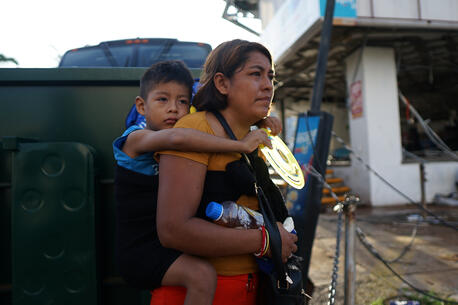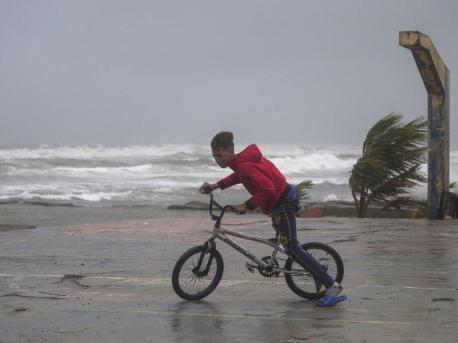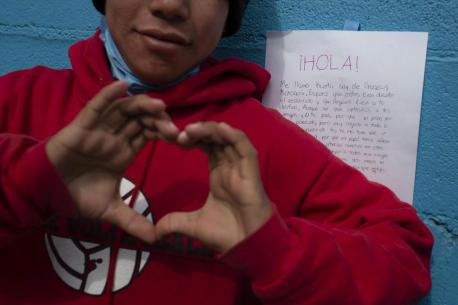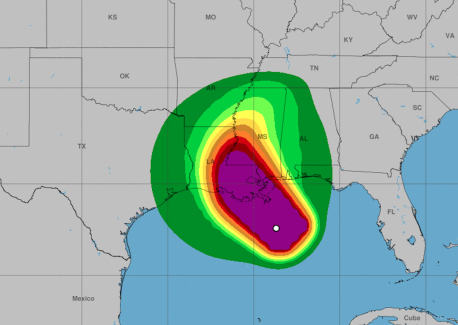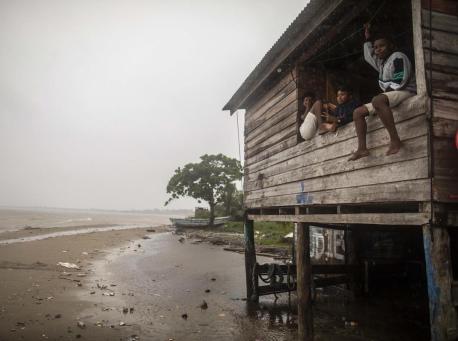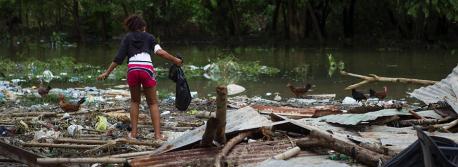
HURRICANE RELIEF
UNICEF responds to hundreds of emergencies every year — including weather-related disasters such as hurricanes — focusing on vulnerable communities in the hardest-hit areas. After providing immediate relief to those most in need, UNICEF supports recovery and helps build community resilience to future disasters.
What is a hurricane?
A hurricane is a tropical cyclone with sustained winds of at least 74 miles per hour. Hurricane season runs from June through November, but a hurricane can occur at any time. When a similar superstorm originates in the northwestern Pacific region, it is called a typhoon.
Hurricanes are becoming more intense and more frequent because of climate change. Hurricane Beryl, the first hurricane of the 2024 season and the earliest of its size on record, made landfall in the southeast Caribbean on July 1, causing widespread damage.
The situation for children
Hurricanes rob kids of the security they need to stay healthy, develop and grow. In disasters like these, children are often among the worst affected.
Hurricanes are especially catastrophic in countries where there is widespread poverty, deforestation and inadequate emergency services. Strong winds, heavy rain, tidal surges, flooding and mudslides can kill or injure thousands. Children and families who live in coastal areas or in poorly-constructed housing are among the most vulnerable. Ineffective evacuation plans only heighten the danger.
When a community is hard hit by a hurricane, children often have no choice but to flee their homes in search of safety — with family members or on their own. Flooding can disable sanitation facilities and lead to contaminated water supplies, creating breeding grounds for deadly waterborne diseases. There are often food shortages, followed by rising rates of malnutrition.
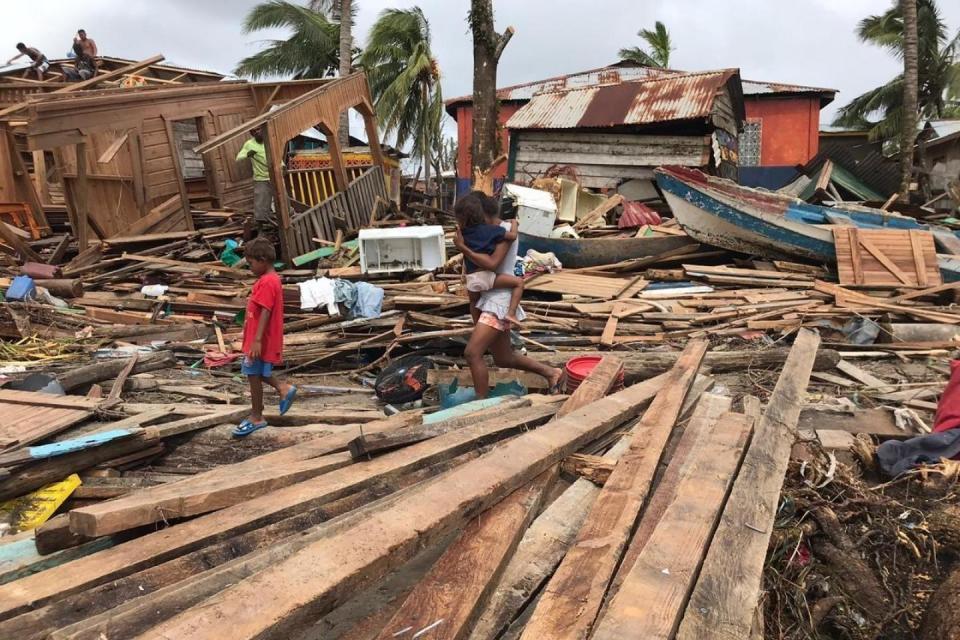
How UNICEF helps hurricane victims
UNICEF responds to hundreds of emergencies every year around the world, rushing to meet the immediate needs of those affected by hurricanes and other natural disasters, among other crises. UNICEF is among the first on the ground — often arriving on the scene in advance to preposition supplies. UNICEF's supply operation, which includes the largest humanitarian supply warehouse in the world, enables the delivery of lifesaving supplies to anywhere in the world within 48 to 72 hours.
Working with local partners, UNICEF provides safe drinking water, hygiene and sanitation kits, medicine, nutrition and more. UNICEF also creates child-friendly spaces and temporary classrooms, safe spaces for displaced children to learn and play and receive psychosocial support. UNICEF protection teams work to reunite separated children with family members.
In the wake of every crisis, UNICEF helps communities recover and prepare for the next emergency, assessing risks and helping strengthen health care systems, schools and other social services to become more extreme-weather resilient.
Learn more about how UNICEF works to address climate change and its impacts on children.
Help hurricane victims rebuild their communities and prepare for the next emergency.
